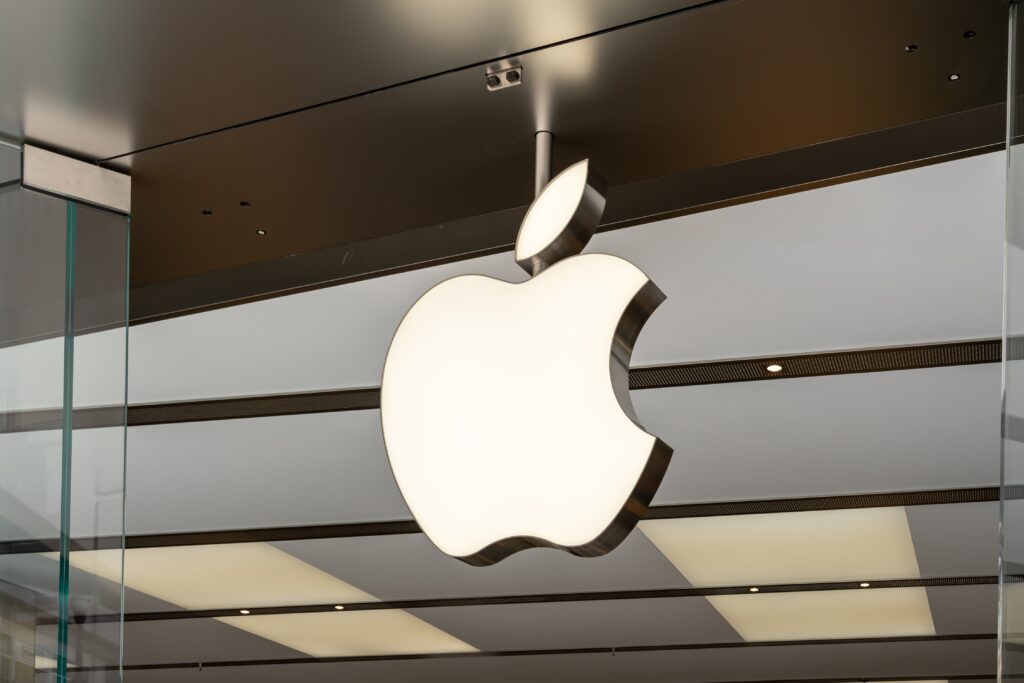Apple Advanced Encryption UK: Apple has removed its strongest data security feature in the UK after the government demanded access to user information. The change affects Apple’s Advanced Data Protection (ADP), which offers end-to-end encryption for iCloud data. This security measure ensures that only account holders can access their stored data, even preventing Apple itself from viewing it.
UK Government Pushes for Access to Encrypted Data – Apple Advanced Encryption UK
Earlier this month, the UK government requested access to encrypted iCloud data. This request was made under the Investigatory Powers Act (IPA), which allows law enforcement to demand access to communications and data. Apple initially resisted the request, arguing that creating a “backdoor” to encryption would weaken security and create risks for all users.
However, Apple has now decided to disable ADP for UK users. This means that iCloud data stored by users in the UK will no longer have full encryption. Instead, the data will remain accessible to Apple, which can share it with law enforcement if they provide a warrant.
Apple expressed disappointment over this decision, stating that it has always prioritized user security. A company spokesperson said, “We have never built, and will never build, a backdoor into our products.” Despite this commitment, the UK government’s legal demands have forced Apple to comply.
Apple Disables Advanced Encryption for UK Users
Since Friday at 1500 GMT, UK users attempting to enable ADP have received an error message. Those who had already activated the feature will soon lose access, though Apple has not specified an exact date for when this will happen.
Apple has also not disclosed how many UK customers had signed up for ADP since its launch in December 2022. The feature remains available in other countries, highlighting the UK’s unique position in demanding access to encrypted data.
Experts and Privacy Advocates Respond
Apple’s decision could have far-reaching effects on the tech industry and global business. Cybersecurity experts and privacy advocates have strongly criticized the UK government’s stance. Professor Alan Woodward from Surrey University called the move “self-destructive,” arguing that it weakens the overall security of UK citizens. He added, “By demanding access, the UK is making it easier for bad actors to exploit security flaws.”
Caro Robson, an expert on online privacy, described Apple’s decision as “unprecedented.” She warned that if more tech companies follow Apple’s lead and pull services from certain countries, it could create a dangerous global trend.
Bruce Daisley, a former Twitter executive, believes Apple acted to prevent other governments from making similar demands. “If Apple gave in to the UK, every country would demand the same access,” he said.
Global Concerns Over the UK’s Actions
The UK government’s request has sparked international concern. US politicians have warned that the UK’s actions could set a precedent for authoritarian regimes to demand access to encrypted data.
Senator Ron Wyden criticized the UK’s approach, calling it a “dangerous precedent” that could undermine privacy worldwide. He also suggested that the US should reconsider its intelligence-sharing agreements with the UK if such policies continue.
WhatsApp chief Will Cathcart also voiced concern. He argued that “once a backdoor exists, there is no way to ensure it is only used by law enforcement.” He believes this could put millions of users worldwide at risk.
Meanwhile, US Vice President JD Vance addressed the issue at the AI Action Summit in Paris. He stated that the Trump administration “strongly opposes foreign governments imposing stricter controls on US technology firms.”
Balancing Privacy and Security
The UK government has defended its request, citing national security and crime prevention. Child protection groups, including the NSPCC, have also urged Apple to find a balance between privacy and security. They argue that encryption can make it harder to detect child abuse material.
However, Emily Taylor, co-founder of Global Signal Exchange, pushed back against this view. She stated, “Encryption protects consumer privacy and should not be equated with the dark web.” She believes strong encryption is essential to protect citizens from cyber threats.
Future of Apple’s Encryption in the UK
Apple maintains that strong encryption is more necessary than ever. While the company regrets its decision to disable ADP in the UK, it hopes to restore the feature in the future. However, that would require changes in UK law, making a return to full encryption uncertain.
The dispute between Apple and the UK government highlights a growing global debate over privacy and government access to data. As encryption becomes a key issue for digital security, this case may influence similar battles worldwide.
For further updates on this story, visit New York Mirror.


